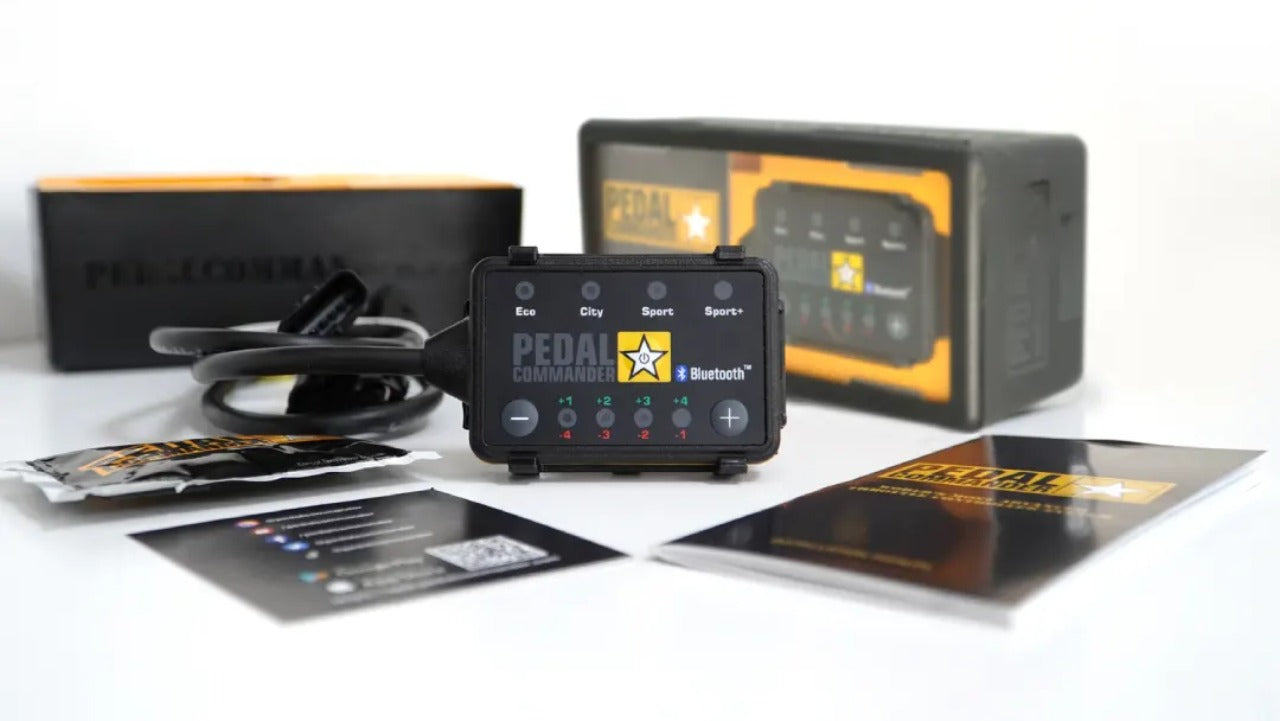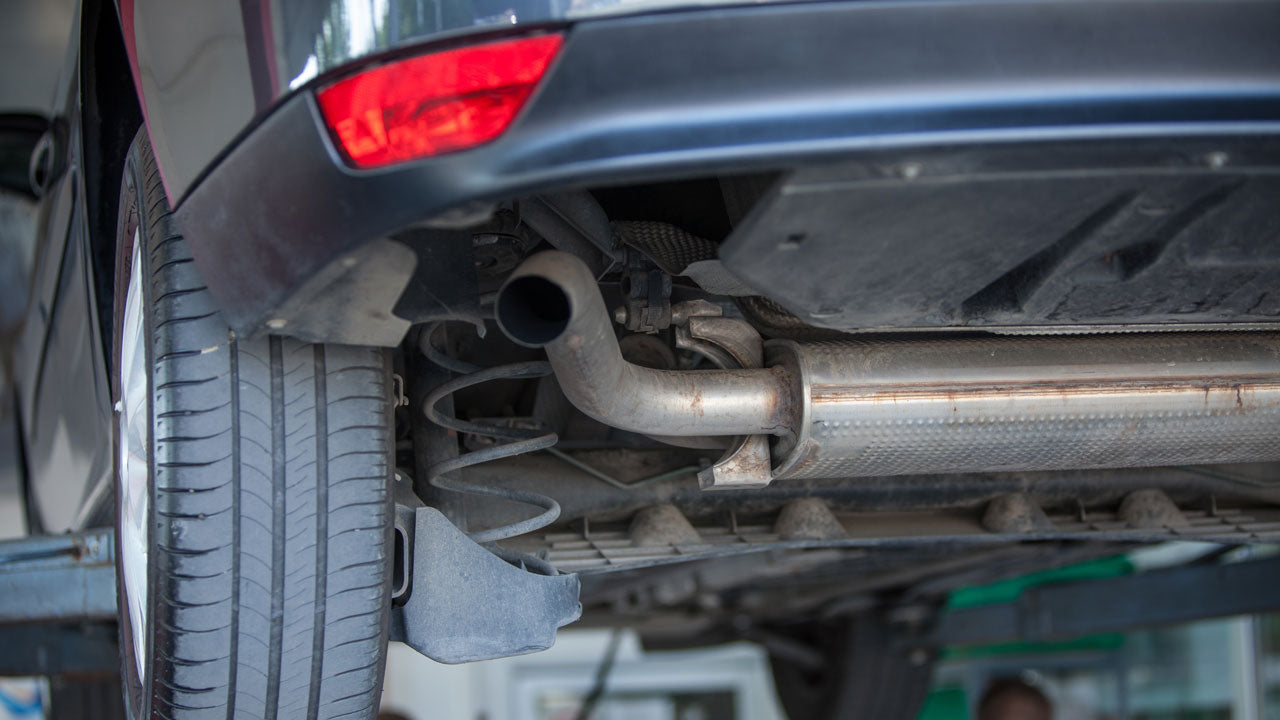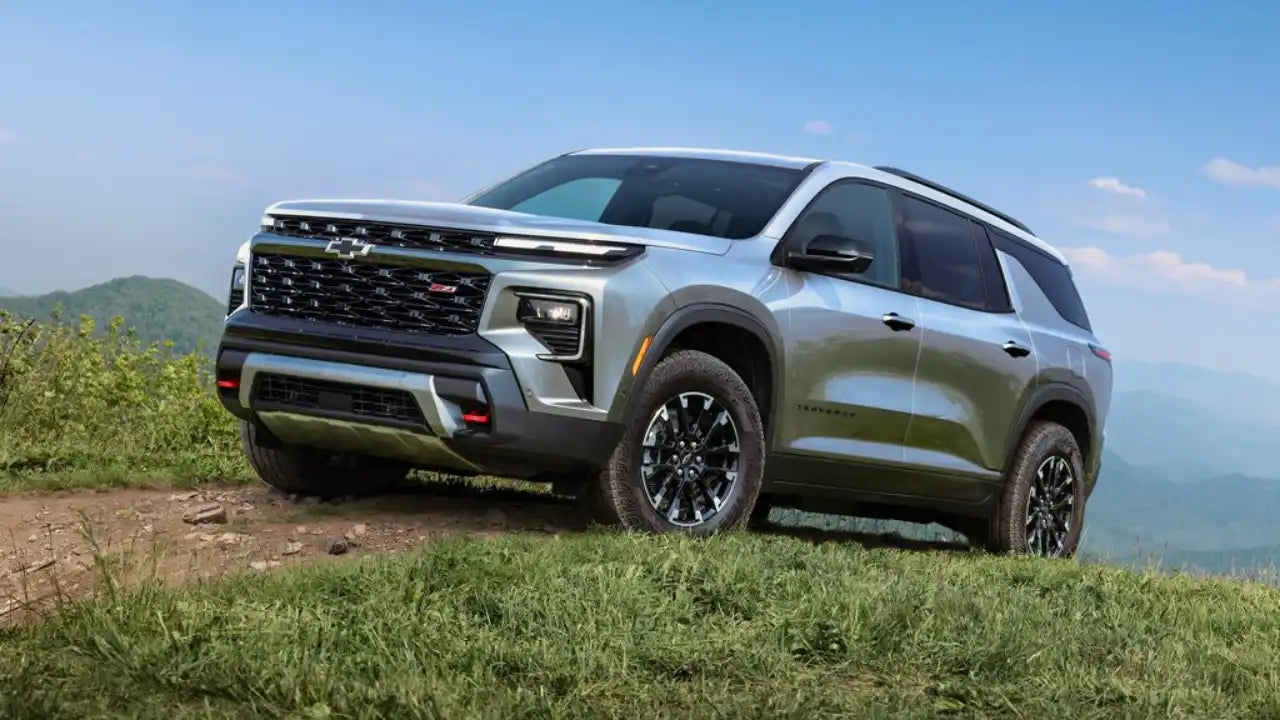Kill Switches and Anti-Theft Solutions: Exploring the Hidden Guardians of Your Vehicle
Aysel YavuzShare
Car theft remains a significant concern for drivers worldwide. While manufacturers constantly improve security features, some car owners seek additional peace of mind with custom or aftermarket kill switches. But how exactly does this hidden guardian angel of your vehicle work?
Let’s delve into the world of kill switches, exploring their types, functionalities, and one alternative to kill all kill switches!
What is a Kill Switch?
These switches, also known as “cut-off switches” or “anti-theft switches,” help prevent vehicle theft. These devices work by interrupting the flow of electricity or fuel to a vehicle’s engine or electrical systems, making it impossible for the engine to start, even with the vehicle's own key or keyfob. Unlike factory-installed immobilizers, which often rely on complex electronic systems, kill switches are a more straightforward approach. There are two main types of kill switches.

Fuel (Cut-Off) Kill Switches
A fuel kill switch (an inertia switch) is usually located in the trunk, near the fuel pump. In order for an engine to run, the fuel pump sends fuel from the tank to the injectors. Almost all modern cars are equipped with a fuel cut-off system, but that is not about vehicle security--if the car is involved in an accident and the fuel pump is damaged, the factory fuel cut-off switch automatically shuts off the fuel flow. This prevents fuel from escaping and causing a fire hazard.
For security purposes, you can get a custom-made fuel cut-off switch that can be operated manually. When you activate the switch, there will be no fuel delivery from the pump, even when someone tries to start the vehicle with the keys. These custom kill switches are often almost impossible to detect, as they’re usually hidden away in the trunk or near the fuel tank.
Battery Cut-Off Switches
Battery cut-off switches are simpler than fuel cut-off switches in installation and operation. When the battery kill switch is engaged, the battery is disconnected from the vehicle’s electrical system, making it impossible for the engine to get electricity and crank. These can be installed in a visible location, such as under the hood or inside the car. This lets vehicle owners quickly engage and disengage the switch.

Why Are Kill Switches Needed?
Cars are costly, and it's not surprising that owners would do everything in their power to keep their vehicles safe. Unfortunately, car theft rates remain high despite the manufacturers’ attempts to make vehicles more secure.
So custom solutions may look appealing, and you must consider these before installing a kill switch:
- Hidden Placement: The key to a kill switch’s effectiveness is its secrecy. The more hidden it is, the harder it will be to find and deactivate.
- Accidental Shutoff: A misplaced bump or malfunction in the switch could turn off the engine while driving, causing a loss of power, steering, and brakes and potentially causing an accident. So keep this in mind when deciding on the location of your custom kill-switch.
- Complexity for Modern Cars: Modern cars rely heavily on electronics, and a sudden shutoff can disrupt many systems, causing serious consequences in some cases. So it's best to check with professionals.

Downsides to Consider
Kill switches offer a valuable layer of security for your vehicle, but there are some cons to consider: Permanent modifications, and reliability.
Any custom job may cause minor or major problems with modern vehicles. Modern vehicles rely heavily on electronic system nowadays, and making custom changes to the electronic systems without little to no engineering may cause reliability issues, some systems not working properly, and, worst of all, warranty issues.
Another thing to consider is permanent changes. Almost all of the methods for both fuel cut-offs and battery cut-offs require permanent modifications, wire cutting, extra wiring, or even drilling to your vehicle. These kind of changes are irreversible and may, again, cause warranty issues when you go in for a service at an authorized dealer.
The Best Vehicle Security System: Pedal Commander® Anti-Theft
The Pedal Commander® throttle response controller offers one of the simplest ways to get the best vehicle security. When activated, Pedal Commander®'s anti-theft feature disables your vehicle's gas pedal completely without the need for a custom battery or fuel pump kill switch. Unlike custom kill switches, no permanent modifications are needed to get the best vehicle security you're looking for.
Even with your own keys or keyfob, Pedal Commander®'s anti-theft makes it impossible for anyone to steal your vehicle. It just takes one tap on your smartphone to activate the Pedal Commander® anti-theft! By initiating the anti-theft from the Pedal Commander® app, you can lock the gas pedal completely whenever you want. It prevents anyone from driving off with your vehicle, even if they somehow started the engine. Only you can turn off the mode and get the throttle pedal working again.
Pedal Commander®'s anti-theft is not only effective and easy, it is also the most affordable add-on vehicle security system. It is FREE for the first 14 days, and then when the free trial expires, there are two subscription plans you can select. It's either $0.99 a month, or $9.99 a year--cheaper than a cup of coffee, one burger, or a lousy gas station snack! A small price to pay to get invaluable peace of mind, knowing that your ride is safeguarded with Pedal Commander®!
Another bonus is that the Pedal Commander® throttle response controller offers the best vehicle security system with no warranty risk. It is completely undetectable (when removed), does not flag the ECU, cause the vehicle throw codes, or occupy the OBD II port. Pedal Commander® is a completely risk-free upgrade both for performance and vehicle security.
The feature is compatible with select vehicles for now. We are doing our best to add more vehicles as soon as possible!
Click HERE to see compatible vehicles and learn more about the best vehicle security system!











